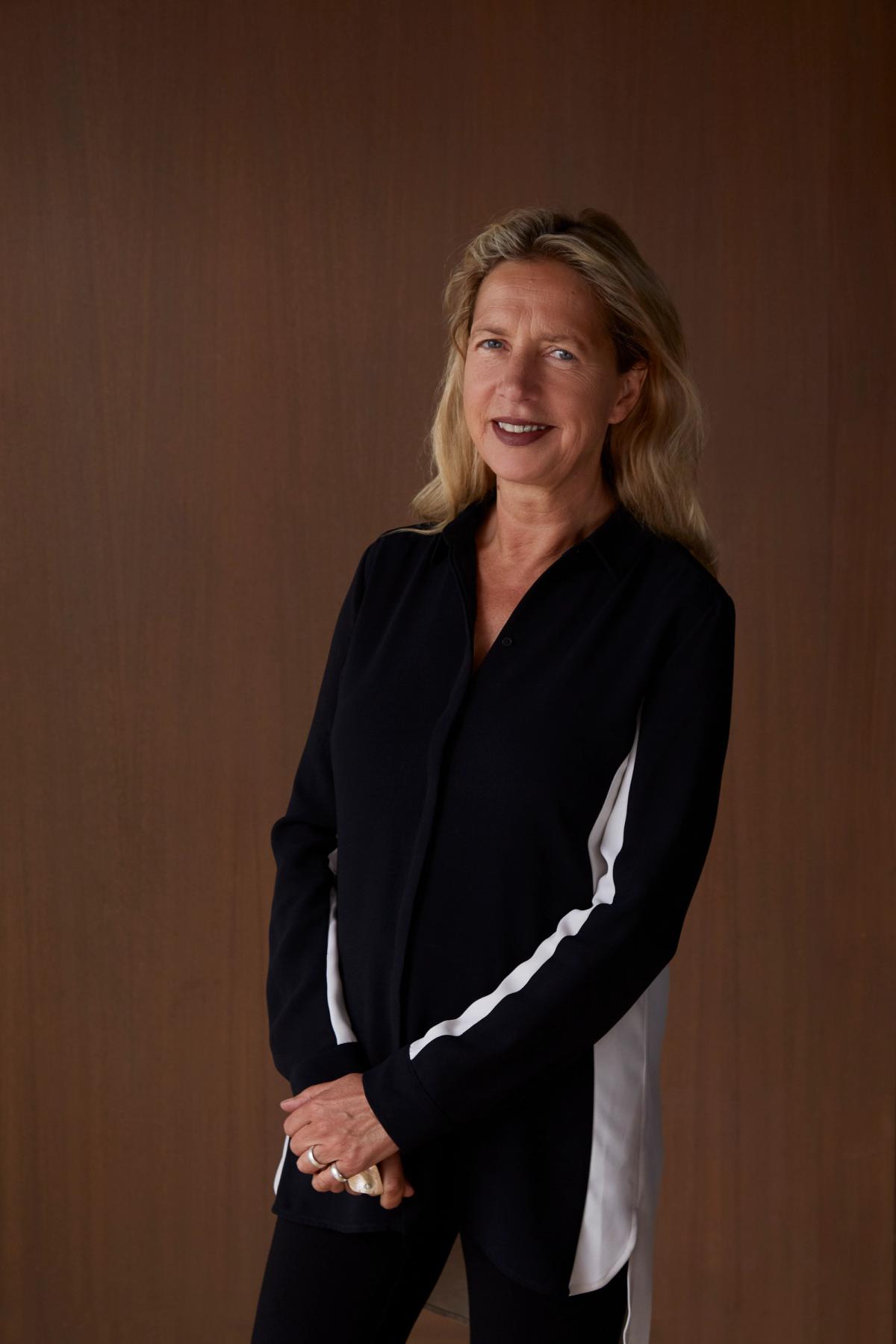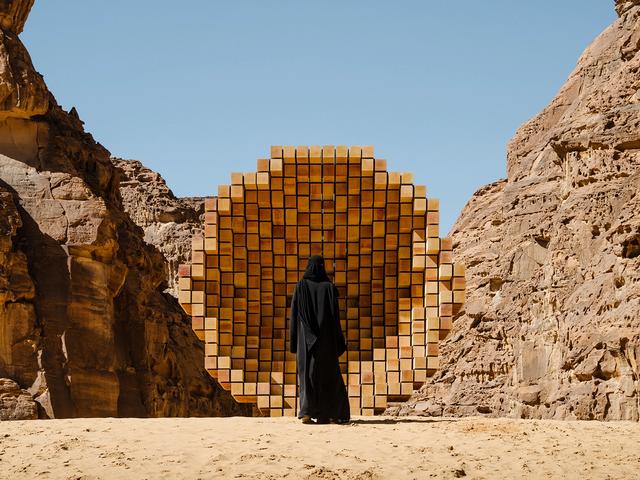The UK curator Iwona Blazwick is in demand; the former director of the Whitechapel Gallery in London has been appointed the curator of the 18th Istanbul Biennial which opens next year (14 September-17 November 2024). The theme and artist list for the biennial will be announced in due course.
Blazwick is the former director of the Whitechapel Gallery in London and now an employee of the Saudi Arabian government, helping build a collection for the new contemporary art museum in the northwestern region of AlUla (her job title is Curatorial Lead, Contemporary Art Museum, AlUla).
During her time at the Whitechapel Gallery, she committed to showing art by women, launching exhibitions dedicated to Nan Goldin, Alice Neel, Cristina Iglesias and Eileen Agar. Blazwick was formerly director of exhibition and displays at Tate Modern in London. Blazwick did not respond to a request for comment at the time of writing regarding her plans for the biennial.
The Istanbul Foundation for Culture and Arts (İKSV), the non-profit umbrella organisation behind the city’s film, theatre, music and jazz festivals as well as the biennial, says in a statement: “The [Istanbul] biennial works on an exhibition model which enables a direct dialogue between artists from diverse cultures and the audience. In addition to showcasing site-specific work, the discovery of alternative and historical venues through contemporary art has been another essential component of the Istanbul Biennial.” In 2007, the Turkish conglomerate Koç Holding became the main sponsor of the Istanbul Biennial.
The 17th Istanbul Biennial held last year delivered a diverse range of site-specific exhibits dotted throughout Istanbul’s distinctive neighbourhoods; the post-Covid event was organised by three curators: Ute Meta Bauer, Amar Kanwar and David Teh.
Turkey meanwhile has been criticised for its record on human rights. Scores of artists, journalists and musicians have been thrown in jail during the 20-year rule of Turkey’s leader, Recep Tayyip Erdoğan who was re-elected as President in May. Since the failed 2016 military coup, the number of cultural figures who have been investigated by the authorities has risen dramatically.



